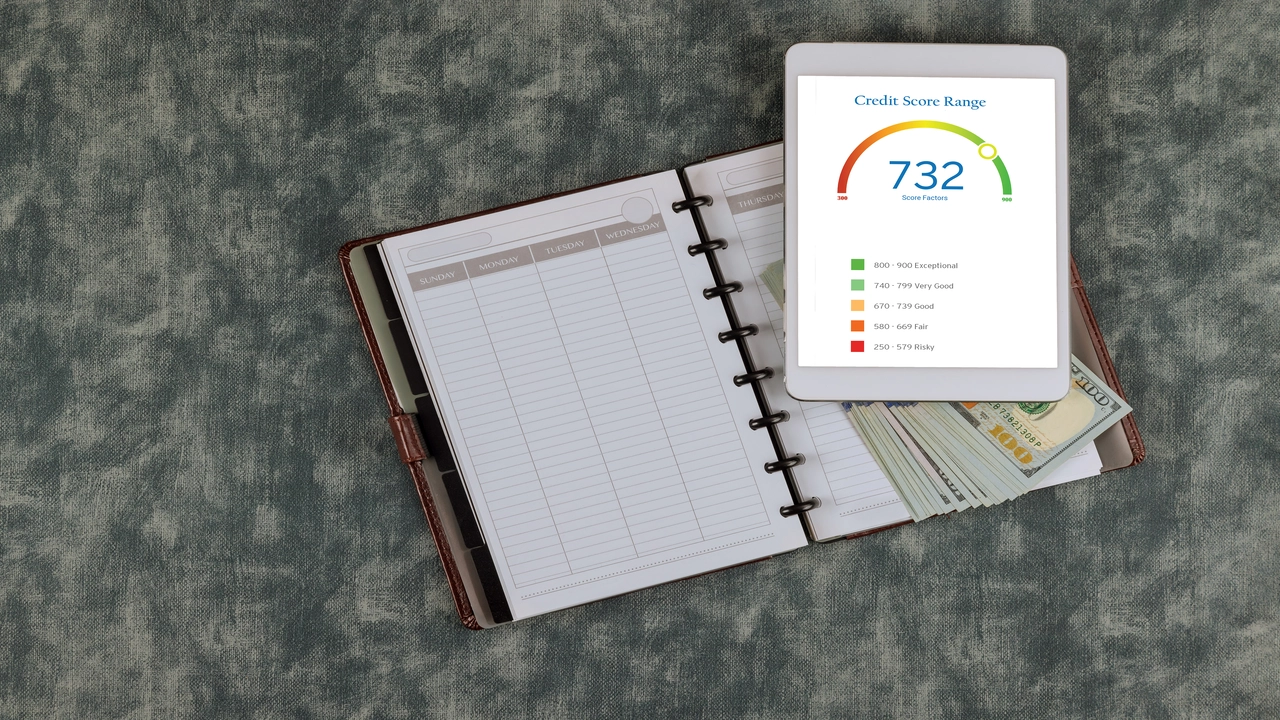-
Posted on: 06 Aug 2024

-
This is true when it comes to your credit report and credit scores. Credit scores are very important in your everyday financial life, they determine whether one is eligible for a particular loan or the interest that one will be charged, whether one will be issued with a rental apartment, or even whether one will be issued with a cell phone.
Since credit scores are so important, you need to ensure your scores are as accurate and current as they can be. This leads to another crucial query – which credit score is the best one?
The Determinants of Your Credit Scores
The first thing that needs to be stated is that there is no one's credit score. ’ This is a misconception because while the basic concept is similar, there are numerous credit scoring models and methods used.
Some of the most common credit scores you may come across include:
FICO Scores: There are different types of credit scores, but FICO scores are the most popular and are used by more than 90% of lenders. This company issues various FICO scores that vary between 300-850.
VantageScores: VantageScore is another score that was developed to replace FICO scores. Similar to FICO, VantageScore also employs a rating scale of 300-850.
Educational Credit Scores: There are credit reporting agencies that create internal credit scores for use that are similar to the above-mentioned Experian credit score and Trans Union credit score. These are often not the same FICO or VantageScore, but more likely vary between 0 and 100 or another set of numbers.
Therefore, when wondering which is the most accurate credit score, you have to realize there is no single credit score that lenders use. In most cases, FICO and VantageScore are considered two of the most popular and recognized credit scoring systems.
Why FICO Scores are accurate scores
Because of the broad application and acceptance from lenders, FICO scores are usually considered the closest to your actual credit score. FICO has revealed that ninety percent of top lenders rely on FICO scores in arriving at credit decisions. FICO scores have also been around for a long time – the first FICO scores were developed back in 1989.
And that is not just experience and popularity that make FICO the most accurate. FICO credit score. aArederived from your credit report information and data from the three major national credit reporting bureaus, namely Experian, TransUnion, and Equifax. The FICO scoring formulas revolve around aspects that are most likely to influence future credit risk, and hence, factors such as payment history, credit utilization, credit age, and credit mix of accounts. Years of data reveal that the FICO scoring model provides the most accurate credit risk evaluation.
Additionally, FICO scores are the scores that consumers get to see, and one can monitor their scores over a period. However, as mentioned earlier, some other credit scoring models such as VantageScores are not easily accessible by the consumer.
FICO scores: The Many Faces of Your Credit Score
When you get a copy of your FICO scores, it is equally important to remember that you are not entitled to one FICO score, but several FICO scores. Specifically:
Experian, TransUnion, and Equifax have their own FICO scores for you based on the credit data that they have. So, in effect, you have three bureau-level FICO scores.
FICO provides many different credit score variants, for instance, FICO 8, FICO 9, FICO Auto Score 8, Bankcard Score 8, etc. That means you get a different FICO score for each model.
Combined, this makes it possible to have more than twenty-eight different FICO credit scores at one time!
That said, you should know that having that many scores might overwhelm you; however, most of the scores are usually very close to each other in terms of bureaus and FICO models. Lenders always turn to your main FICO 8 scores, so those are the ones you should focus on. If there are significant differences in the scores from one bureau to the next, it may mean that there is an error in a credit report that requires rectification.
How to Read Your Credit Reports
Remember always to compare your FICO credit score with your whole credit record whenever you are evaluating it. This helps one find any mistakes, perhaps dragging down the scores on any one of the indices. Through an annual credit report. Come, you are entitled to one free credit report each year from all three credit agencies; so, make sure you do this annually and distribute the results throughout the year.
Apart from your free reports, customers have other alternatives to get credit scores:
Most banks and credit cards let customers see FICO scores for free via their mobile or internet banking app.
One may get FICO scores using the myFICO or FICO application available online.
While some online programs, like Credit Karma, provide free credit ratings, they usually rely on VantageScore.
Try to check all three bureau FICO scores if at all possible for comparison regardless of where you get your scores. Trying to find mistakes over time or even fraudulent activity on your credit scores requires constant monitoring.
Although most lenders still rely on the FICO ratings, even FICO itself acknowledges that no kind of scoring is perfect. Therefore, among the most important determinants of repayment performance risk variables is still payment history. Positive payment habits, including paying all bills on time every month, can help you make sure that your scores reflect your trustworthiness over time. To promptly fix errors and spot fraudulent activity, however, often check your credit reports and ratings.
Start rebuilding your credit today—contact us at (888) 803-7889 now!











